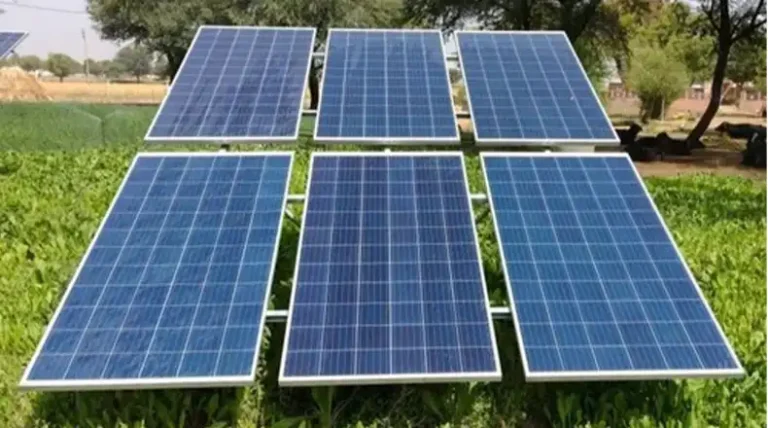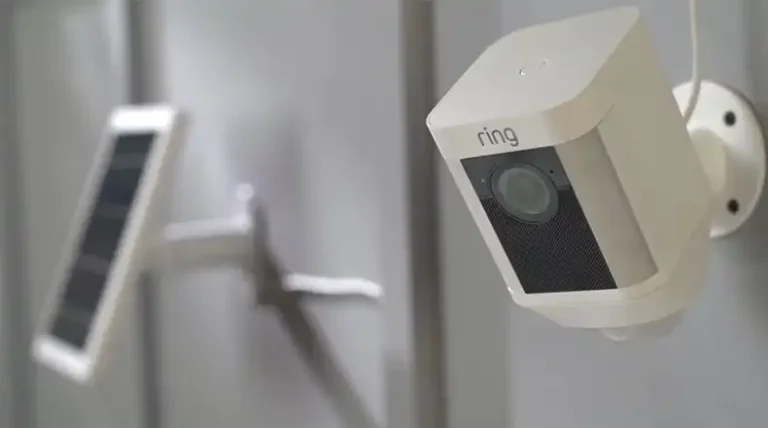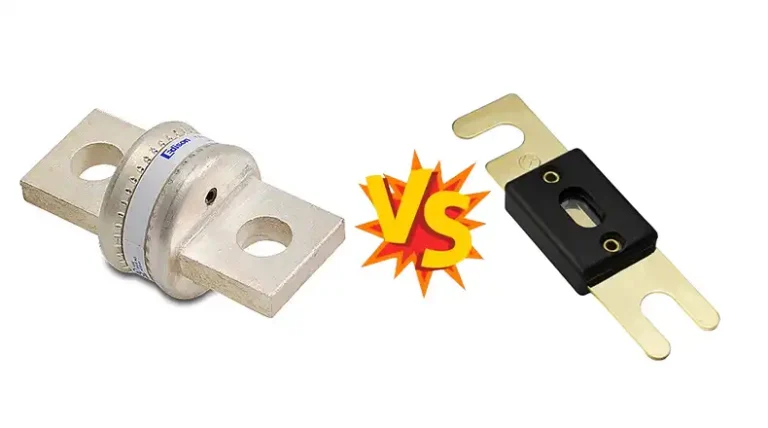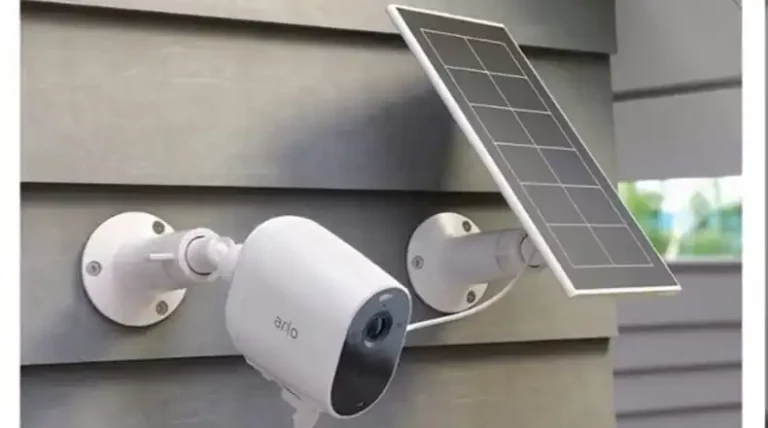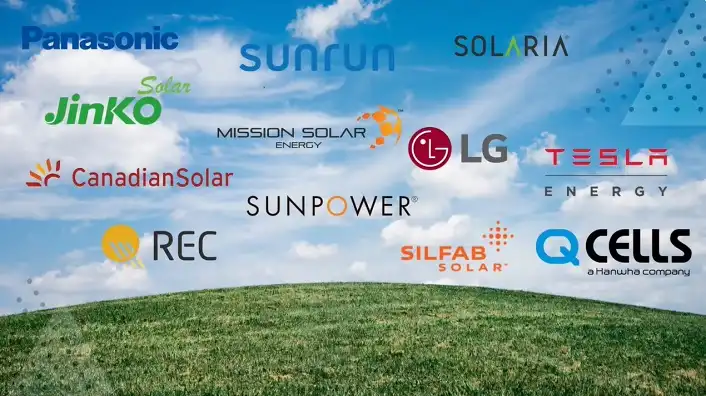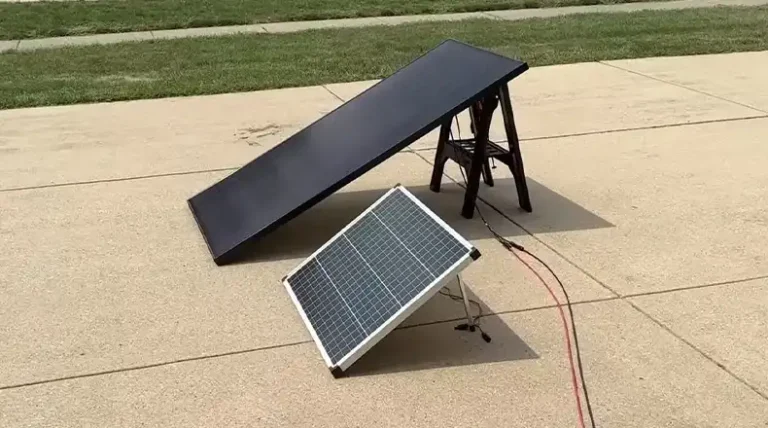Can I Install Solar Panels Myself? | Easy Explanation
Solar panels are the way to go if you want to decrease your carbon footprint and promote sustainable living in the process. Not only that, you can save up substantially on your electricity bill on the way. And while that’s true that solar panels can reduce your energy bill incrementally, the upfront costs can be a bit costly.
You can save up some of those costs by going the DIY route. However, the question is, can you install solar panels yourself? Well, the answer is yes. With very little technical knowledge and a day or two of your life, you can certainly install it yourself.
Below, we’ll discuss the pros and cons of going the DIY route and help you decide if you are up for the task or if you need it done professionally.
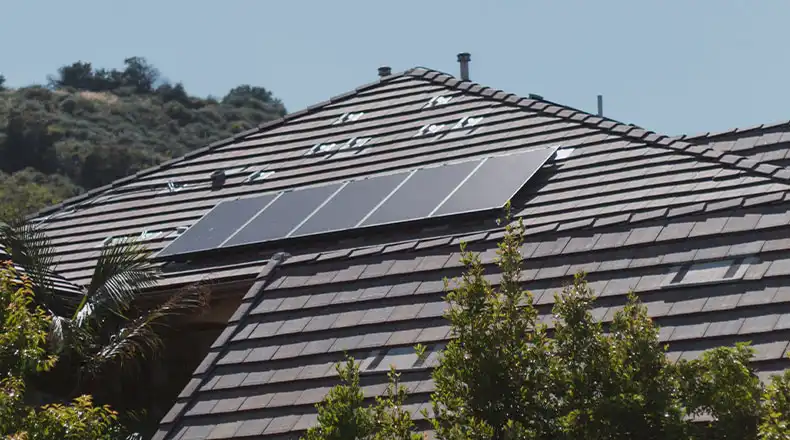
Requirements for Installing Your Own Solar Panels
With revolutionary innovations in the field of solar energy, self-installation is getting increasingly easier, especially because there are so many resources available online these days. And apart from a good drill, you don’t need any specialized tools either. But you need to make sure that you are not cutting any corners either.
So, with that in mind, let’s take a look at the requirements:
- You are okay with and capable of physical work, especially on the rooftop for several hours. Also, you own and know how to use fall protection gear.
- Self-installation is allowed by your state and local building authority.
- Check if the requirements for self-installation are acceptable to you.
- If you live in a historic district, check if you are allowed to install solar panels at all and in what way (installations that harm the historic look, aren’t usually allowed).
- You are confident enough to work on your roof (especially if it has clay or slate shingles), otherwise take the help of a roofing professional.
Installing and owning DIY solar panel systems comes with risks that should not be underestimated. Therefore, it is crucial to fully understand, acknowledge, and minimize these dangers when carrying out installation and maintenance activities by yourself. Give special attention to safety warnings and follow the guidelines properly.
Pros and Cons of Installing Solar Panels Yourself
Apart from obvious savings on the money, doing it yourself gives you the benefit of added benefit and control. However, it’s still important to learn about all the pros and cons before jumping into the DIY train.
1. Costs
On average, solar panels cost between $16,000 to $35,000, depending on the model and size. According to research conducted by the US Department of Energy’s National Renewable Energy Laboratory, installation costs typically around 10% of the total price for the solar panel. So that means, by installing it yourself, you get to keep a substantial amount of money in your bank account.
However, the tradeoff is that you have to give up on the tax rebates that many states offer. To qualify for that, you have to let a certified company or professional take care of the installation process. Also, going the DIY route will limit your financial options. Paying for the whole thing upfront can be a bit of a burden if you don’t have the preparation. So, do your math and figure out how much you are saving and how much you are giving up to make that saving.
2. Control and Convenience
Instead of going with what they provide, by going with the DIY approach, you get to choose your own components. You can tailor things to your needs. whether you want a whole-home off-grid solution or you are looking for a solar panel for your barn equipment, you can adjust and scale the project according to your need. Furthermore, you can do things at your own time and pace, instead of waiting for their given schedule.
However, you have to invest a significant amount of time into it, especially if you have no prior experience with DIY projects. Also, depending on your state and country, it might take a lot of time and manual work to get the necessary permits. Also, hooking up the solar panel to your house will most certainly require you to take the help of a certified electrician. So, factor that in too when you are considering installing your solar panels yourself.
3. Warranty and Safety
If you follow the safety instructions properly and take the necessary precautions when working on the rooftop, you should be fine. However, working with electricity can always be dangerous if you don’t know what you are doing. So, having some basic electrical knowledge about electricity and wiring is a must.
Without proper knowledge or prior experience, you risk damaging your roof. For example, drilling into where you shouldn’t, can lead to leakage and molds. Also, without proper knowledge, there’s a risk of miscalculating the size and angle of the solar panel installation, which will vastly reduce the panel’s efficiency.
When it comes to warranty, sadly, most companies do not provide any if you don’t get the whole installation process done by them. So, even if something happens within the warranty period, you may have to buy replacement parts yourself.
4. Usage
DIY solar panel projects are typically intended to supplement traditional energy sources, not replace them. They are suitable for smaller spaces like RVs or tiny homes, as well as for powering garages or sheds.
However, for a full-size home, a professionally installed solar system is usually the better choice. DIY solar panels offer flexibility in size and placement. This makes them ideal for specific settings. They can also serve as backup power in case of grid outages if there is a functional solar battery to store the generated energy.
Our Verdict
If your energy needs are minimal and you possess some electrical knowledge and experience, you can certainly go with the DIY router and install solar panels yourself. For the sheer pleasure of a job well done, if you can spare the time, you can and should do it, even if on a small scale.
However, if you plan on going off-grid or looking for a backup option for your entire house during power outages, we recommend hiring certified professionals and letting them take care of the permit and installation process.
FAQs – Frequently Asked Questions and Answers
Is it worth installing my own solar panels?
DIY solar panels are a good option if you have the necessary skills and tools. While they may not be suitable for a full-sized home, they are effective for smaller projects like converting an RV or a shed.
How many solar panels do you need to power a house?
Typically, you’ll need 15 to 22 panels to power an average-sized US home. However, the actual number depends on your usage and appliances.
Are solar panels easy to maintain?
Yes, because they sit at an angle, solar panels are relatively easy to maintain. You can use common tools like a garden hose to keep the panels clean.
Conclusion
Installing your solar panels yourself is very much doable, and may come at a lower cost too. DIY panels available in the market these days are great for small indoor or outdoor spaces and most small appliances. Make sure to do your homework and take proper safety precautions. However, for larger spaces with greater power requirements, letting professionals handle things is probably for the best.

